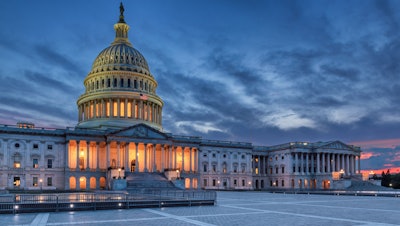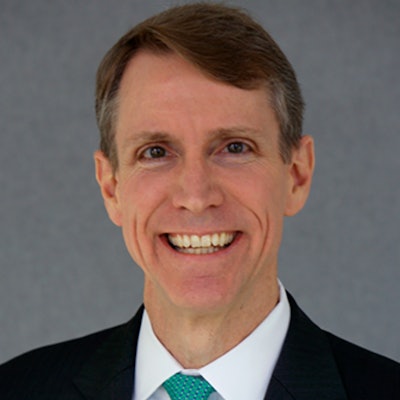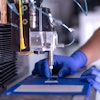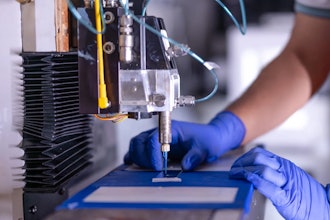
WASHINGTON (AP) — The U.S. economy is expected to rebound from a disastrous spring. Paralyzed by the coronavirus, economic output collapsed at a 31.4% annual pace from April through June — the worst such plunge on records dating to 1947.
Growth is believed to have surged back in the July-September quarter. Yet the economy is still scarred. The Associated Press spoke recently with Timothy Adams, president of the Institute of International Finance, a trade group for the financial services industry that expects the economy to shrink 2.5% for 2020 before growing nearly 5% in 2021. The interview was edited for length and clarity.
Q: The second quarter was terrible. What do you expect from the economy from here?
A: This is a health crisis — the pandemic. We need to do testing and diagnostics and treatment and tracing and ultimately vaccination. Those elements will really determine the contours and the pace of how we recover.
We have seen a faster recovery than most people expected back in April and May. It has lost a bit of momentum in the last few weeks, but we’ve seen over 50% of the jobs we’ve lost have been recovered. Financial markets are buoyant. We’re seeing small business confidence coming back. Institute of International Finance President Timothy Adams.IIF via AP
Institute of International Finance President Timothy Adams.IIF via AP
Certain parts of the economy are doing quite well — anything that’s interest rate-sensitive because rates are at historically low levels. People are buying autos, appliances, bicycles, gym equipment. So the production side, where people can distance and machinery is cranking out products, is doing OK.
But there’s a different economy for anyone who’s in a high-touch, service- or transportation-related job. You can’t work from a remote location and are certainly at risk and suffering from economic stress. And there are industries that are going to be permanently scarred. I can't imagine anyone going to a movie theater or going on a cruise anytime soon.
Q: Assess the policy response to the crisis.
A: Policymakers around the world, including and especially in the United States, really jumped into the breach and were able to work across the aisle. The Federal Reserve did a remarkable job ensuring that credit continues to flow to the real economy.
We do need additional fiscal support going forward, and we need it as soon as possible. We have an enormous amount of firepower if we can just get our politicians to focus and come together and work collectively for a common outcome.
Q: Is the economy going to be different once we’ve emerged from this?
A: Maybe in ways we don’t fully appreciate yet. Knowledge workers have become adept with remote working. The way we operate and interact with our colleagues and our clients has changed and will forever change. We’ll have to think through the implications and what they mean for the nature of work.






















